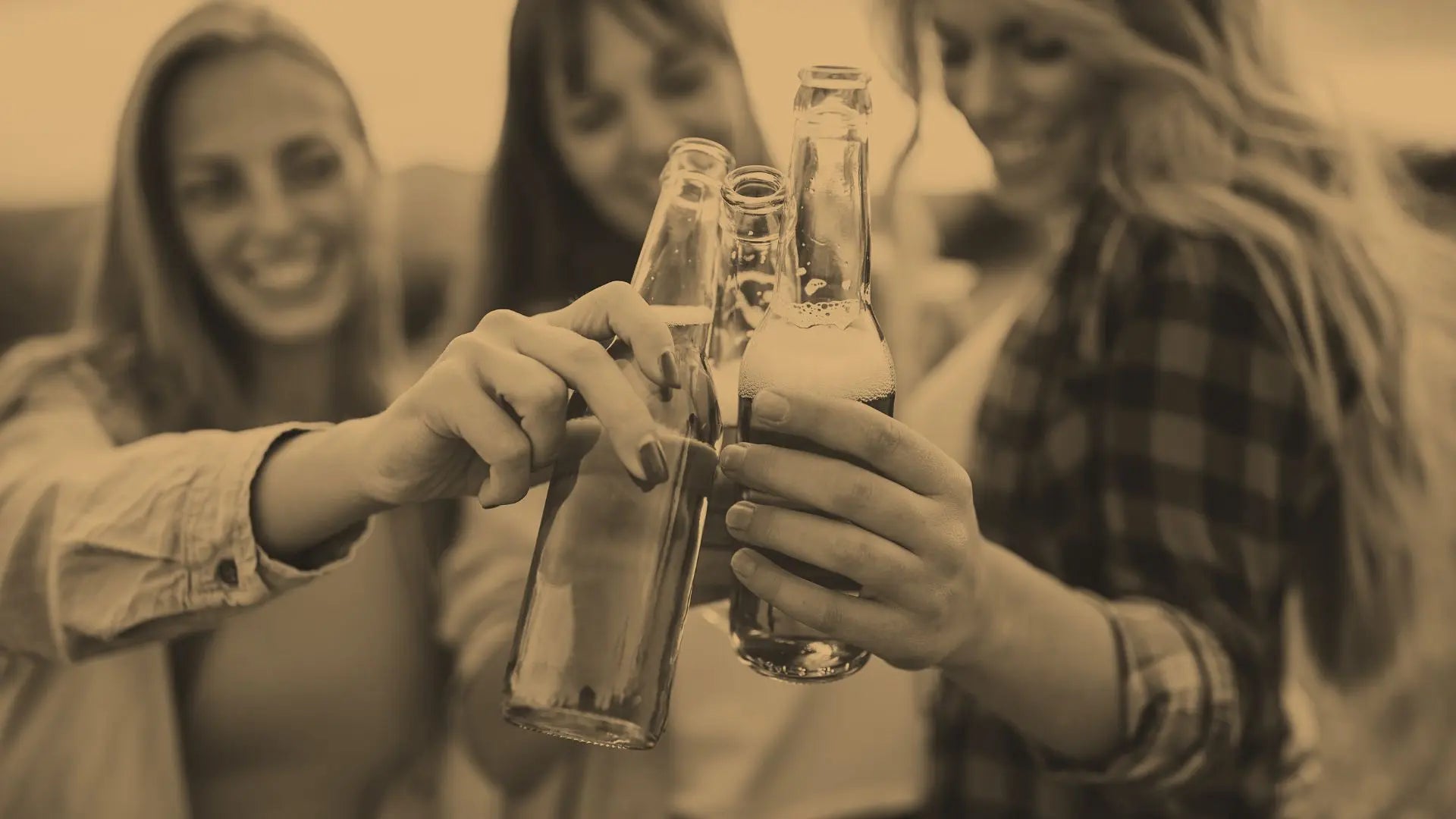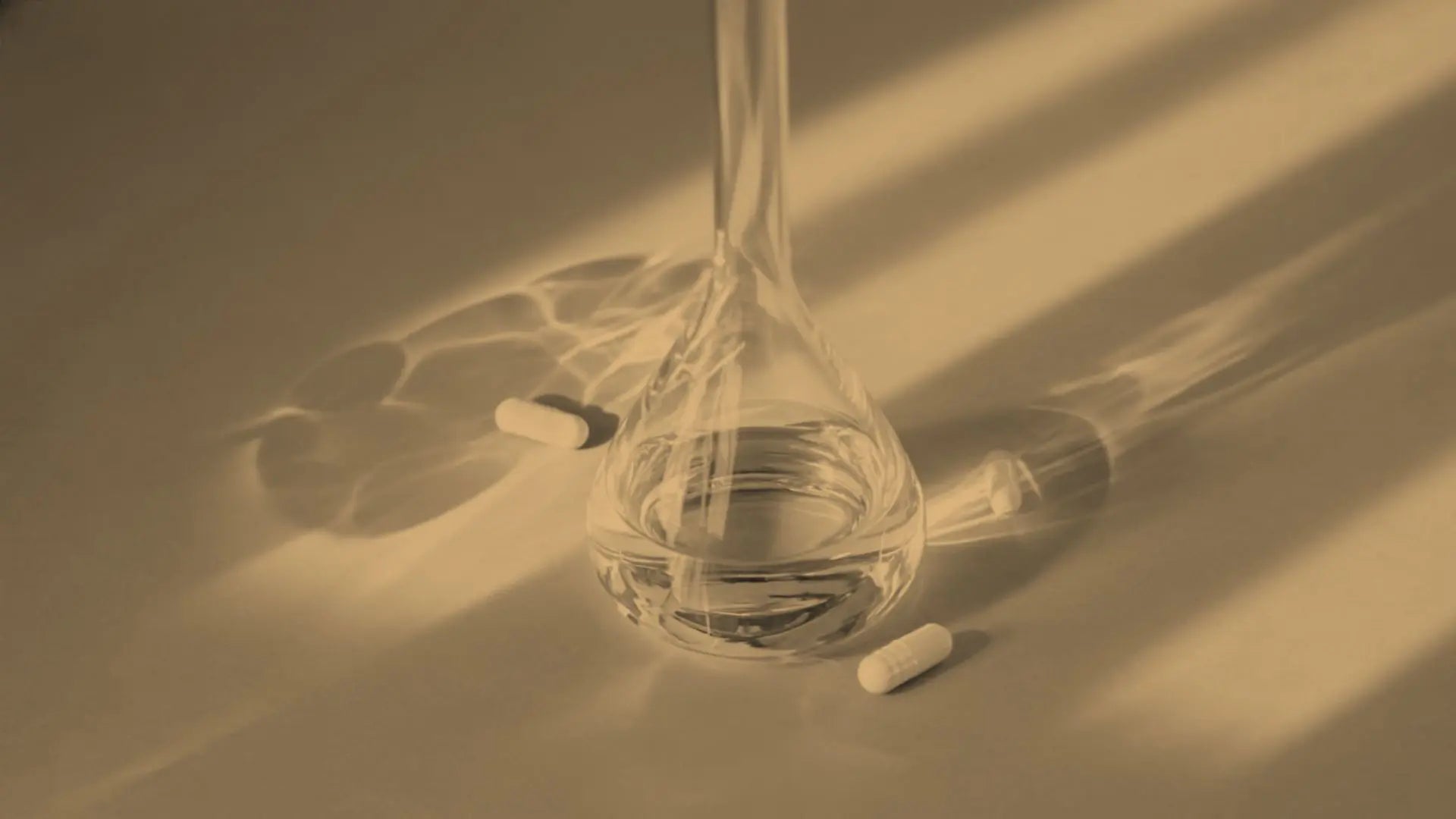
Alcohol and Female Health: How to Drink Smarter Without Sacrificing Wellness
Alcohol doesn’t affect everyone the same way—and women often face greater challenges when recovering from drinking. Unique factors like biology and body composition make hangovers hit women harder. The good news is that with the right wellness strategy, women can enjoy drinks more mindfully while supporting their long-term health.
Alcohol’s Unique Effects on Women
Research shows that on average, women experience worse hangovers than men for several key reasons:
- Lower ADH Levels
Women produce significantly less of the enzyme that breaks down alcohol, alcohol dehydrogenase (ADH)—about half as much, to be exact. As a result, even when women consume the same amount of alcohol, it remains in their bodies about 50 percent longer than in men’s.
- Smaller Body Size
Because women tend to have smaller body frames and lower body weight, consuming the same amount of alcohol results in a higher blood alcohol concentration (BAC), which typically leads to stronger hangover symptoms.
- Different Body Composition
Women’s bodies are 45–50% water compared to 55–65% in men, so alcohol is less diluted. In addition, women have about 10% more body fat than men, and fat retains alcohol. Together, these factors cause alcohol to stay longer in women’s systems and contribute to harsher aftereffects.
Wellness Tips: Supporting Your Body When Drinking
Take a Supplement Before You Drink
PREGAME by Capsulyte was formulated by Dr. Dan Nguyen, MD, MBA—an expert in internal medicine and integrative wellness—to support your body’s natural defenses as it processes alcohol. Key ingredients include:
- N-acetyl cysteine (NAC) – may reduce unpleasant post-drinking symptoms.
- Clovinol® – shown to reduce negative post-drinking effects by up to 55%.
- Siliphos® – a milk thistle–derived compound that supports liver health.
- DHM – a compound with antioxidant and anti-inflammatory properties.
Minimize Total Alcohol Consumption
Even with supplements that support alcohol metabolism, the simplest way to protect your body is to drink less overall. Pacing yourself, setting personal limits, and choosing lower-alcohol options reduce strain on your liver and nervous system, making hangovers less severe and recovery faster.
Prioritize Hydration
Alcohol acts as a diuretic, causing dehydration that worsens hangover symptoms. Drinking water helps, but without adequate electrolytes you may still not be fully hydrated.
HYDRATION by Capsulyte is formulated to help restore balance with:
- Hydra 4G™ – a blend of sodium, potassium, magnesium, and calcium.
- Zinc – essential for immune support.
- Liposomal Pureway C™ – a potent antioxidant for immune and cellular health.
- B vitamins – support energy metabolism and neurological function.
Get Plenty of Rest
Alcohol can disrupt natural sleep cycles, leaving you feeling drained even after a full night’s sleep. Focus on rest by improving sleep hygiene, napping when needed, and allowing extra recovery time. Quality rest gives your body space to repair and restore balance.
For more science-based advice on mindful drinking and recovery, visit the Capsulyte Blog.
Frequently Asked Questions: Women & Alcohol
Do women really get worse hangovers than men?
Research shows women may experience stronger after effects from alcohol due to differences in body composition, enzyme levels, and total body water. These biological differences can cause alcohol to stay in the system longer compared to men.
Why does lower ADH matter?
Alcohol dehydrogenase (ADH) is an enzyme that helps the body metabolize alcohol. Because women generally have lower ADH activity, alcohol may take longer to process.
Does body size and composition affect blood alcohol levels?
Yes. Individuals with less total body water or higher body fat tend to have higher blood alcohol concentrations after consuming the same amount of alcohol.
Can hydration make a difference?
Yes. Alcohol is a diuretic, which means it can increase fluid loss. Staying hydrated with water and electrolyte-containing beverages helps maintain normal fluid balance.
Does food help when drinking?
Eating before or during drinking can slow alcohol absorption. Meals that include protein, healthy fats, and complex carbohydrates can help your body process alcohol more gradually.


